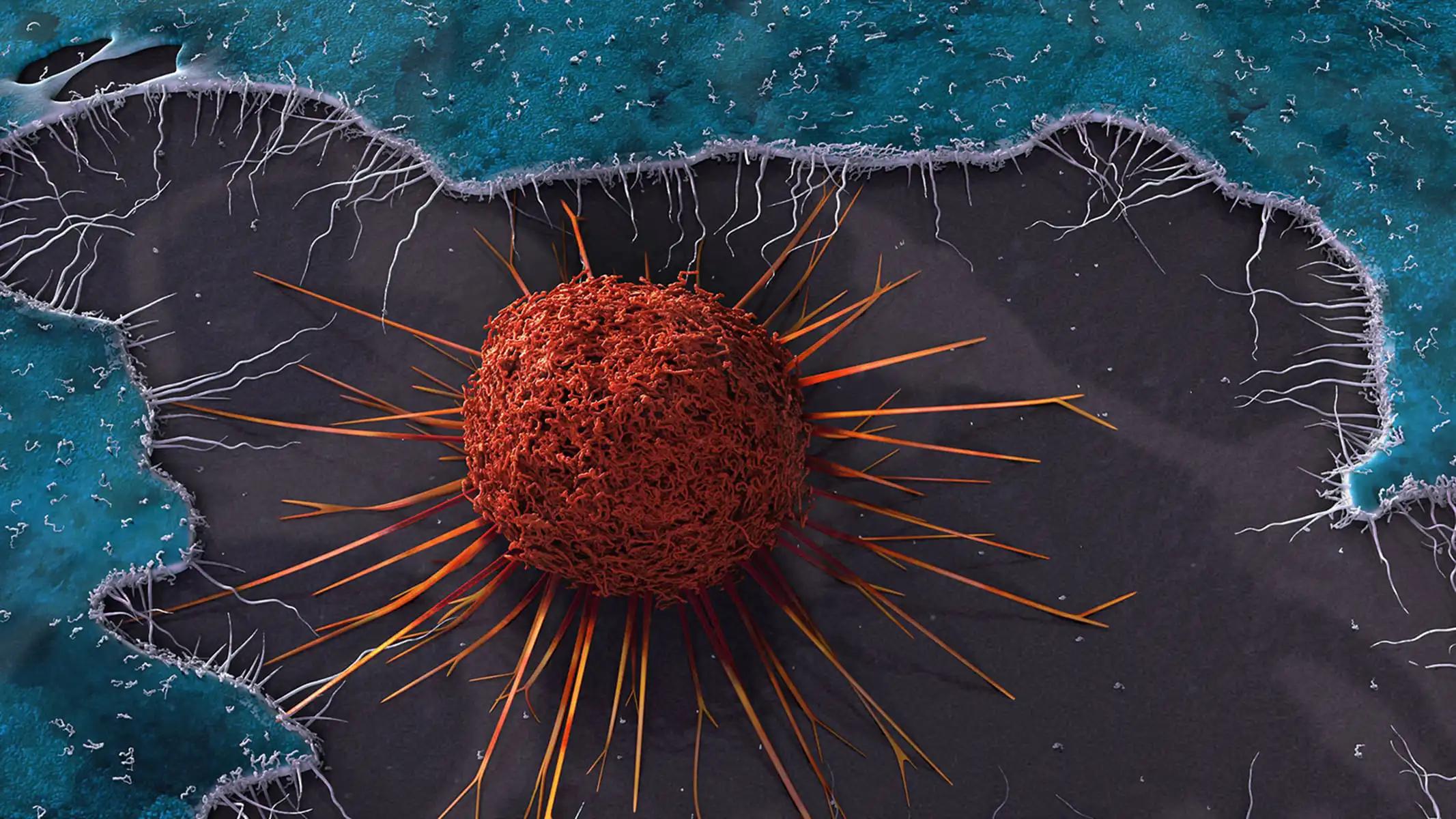KEY TAKEAWAYS
- The study aimed to define the prevalence of MMR-D and assess the predictive value of MMR protein expression in patients with cervical cancer.
- The low MSH-2 expression is an independent predictor of poor survival.
The early detection of cervical cancer is highly associated with good survival rates, the prognosis for late-stage disease is poor and treatment alternatives are limited. Mismatch repair deficiency (MMR-D) has emerged as a predictive prognostic tool for response to immune checkpoint inhibitor(s) in varied cancer types. Still, its value in cervical cancer remains unclear.
Madeleine Charlotte van den Berg and the team aimed to define the prevalence of MMR-D in cervical cancer and assess the predictive value of MMR protein expression.
Researchers investigated the expression of the MMR proteins MLH-1, PMS-2, MSH-2, and MSH-6 by immunohistochemical staining in a prospectively collected cervical cancer cohort (n=508) with corresponding clinicopathological and follow-up data.
They scored the sections as either loss or intact expression to define MMR-D, and a staining index, based on staining intensity and area, was used to evaluate the prognostic potential. RNA and whole exome sequencing data were available for 72 and 75 of the patients, respectively, and were utilized for gene set enrichment and mutational analyses.
Results revealed that 5 (1%) tumors were MMR-deficient, 3 of which were of neuroendocrine histology. MMR status did not predict survival (HR 1.93, P=0.17).
MSH-2 low (n=48) was associated with poor survival (HR 1.94, P=0.02), even when adjusting for tumor stage, tumor type, and patient age (HR 2.06, P=0.013). MSH-2 low tumors had a higher tumor mutational burden (P=0.003) and a higher frequency of (frameshift) mutations in the double-strand break repair gene RAD50 (P<0.01).
The study concluded that although MMR-D is rare in cervical cancer, yet low MSH-2 expression is an independent predictor of poor survival.
This study was supported by the Trond Mohn Foundation; University of Bergen; the Research Council of Norway; the Norwegian Cancer Society; and the Western Norway Regional Health Authority (Helse Vest).
Source: https://pubmed.ncbi.nlm.nih.gov/38950928/
van den Berg MC, Berg HF, Stokowy T, et al. (2024). “Expression patterns of mismatch repair proteins in cervical cancer uncover independent prognostic value of MSH-2.” Int J Gynecol Cancer. 2024 Jul 1;34(7):993-1000. doi: 10.1136/ijgc-2024-005377. PMID: 38950928.



